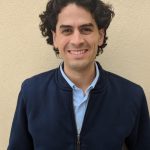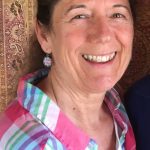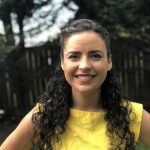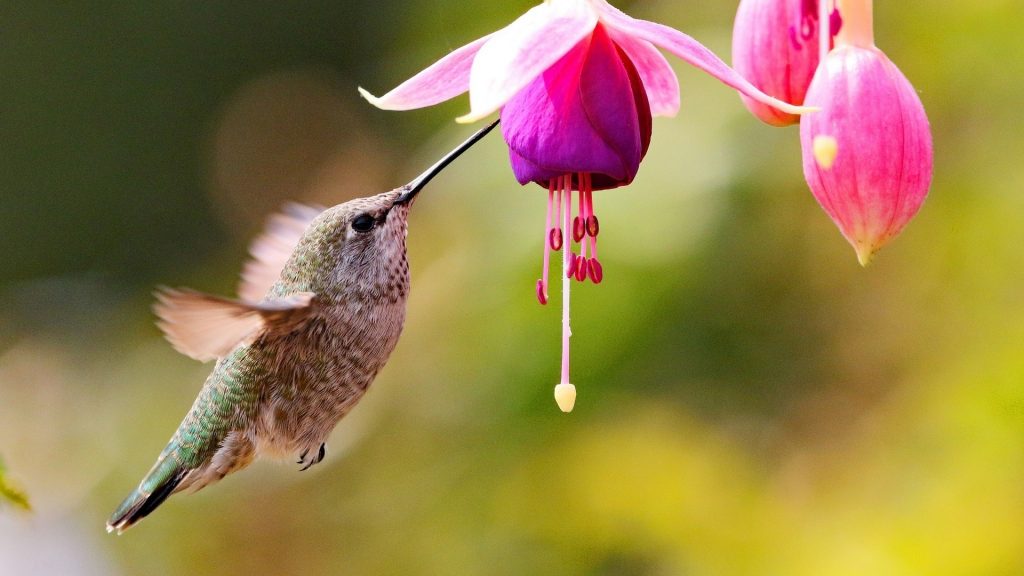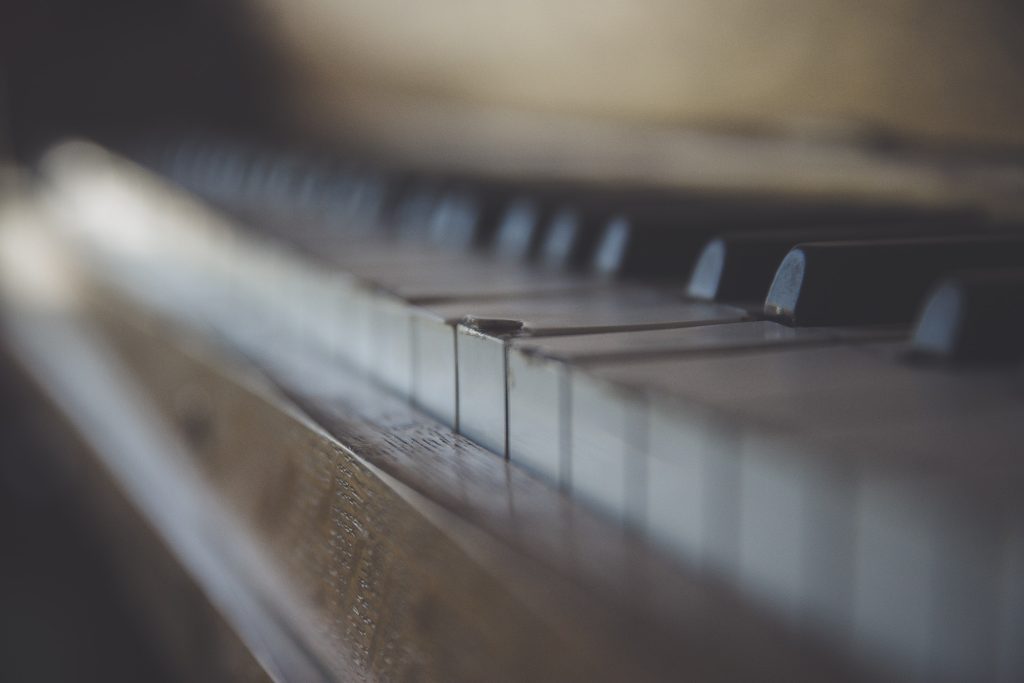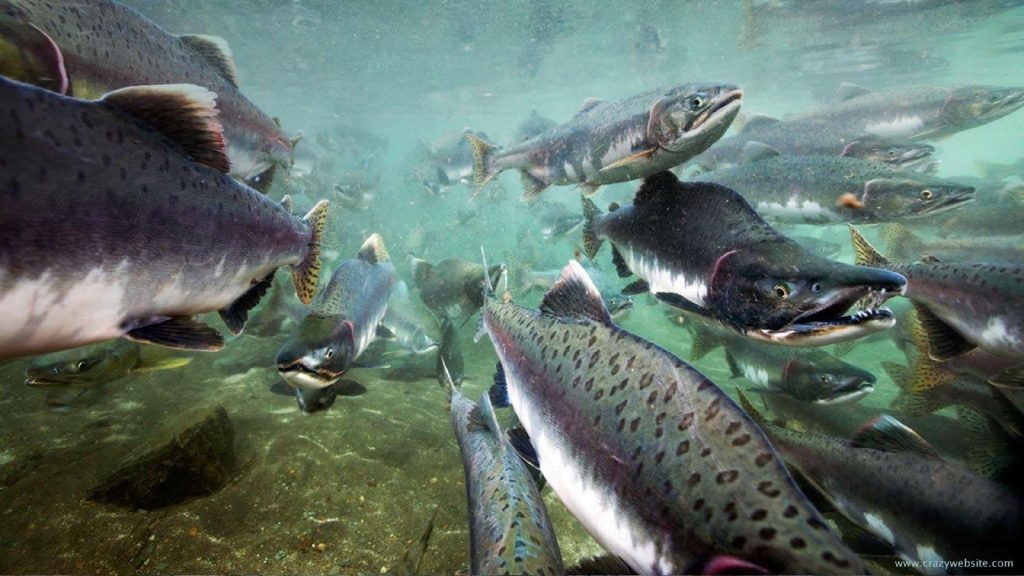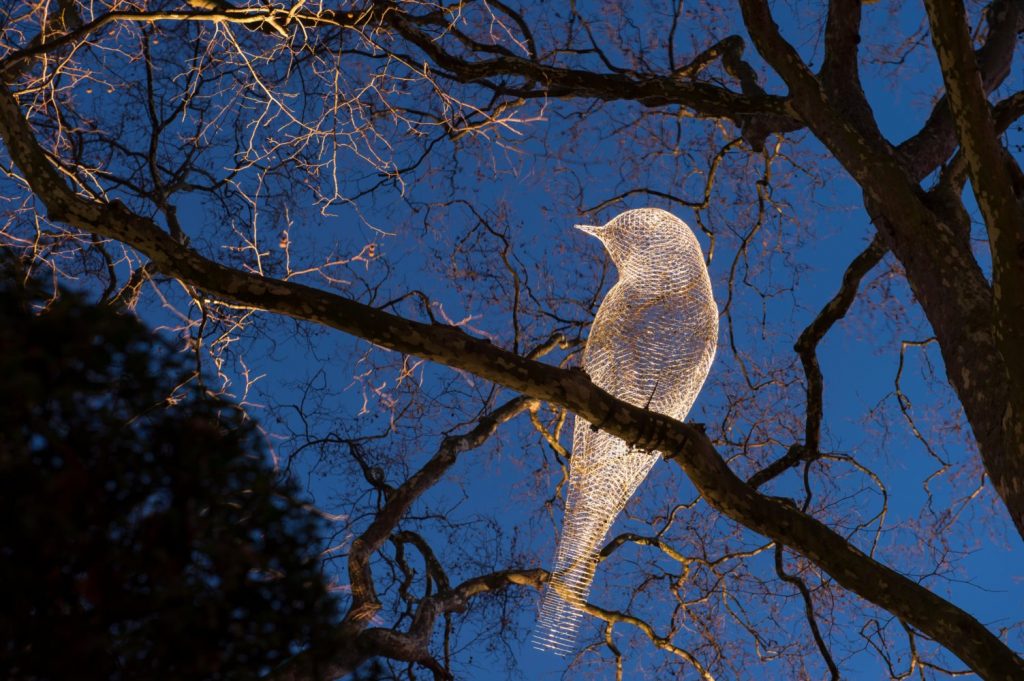Eating as if Life and the Planet Mattered
Rhonda Fabian | We find ourselves in a very tender moment for humanity. How do the collective challenges we face impact your personal practice?
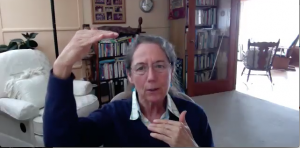 Marge Wurgel | I believe at this time in our history of the planet, we are on the teetering edge between a more loving, compassionate approach to the Earth, or continuing our destructive habits.
Marge Wurgel | I believe at this time in our history of the planet, we are on the teetering edge between a more loving, compassionate approach to the Earth, or continuing our destructive habits.
If we don’t choose fairly soon, the Earth will continue to suffer deeply. There are more animal and plant species facing extinction. Water sources are being polluted. The air is being polluted. Our land is being stripped of many of its minerals. Those of us who feel a very deep sense of love and connection with Mother Earth have the opportunity right now to step up, to speak out gently, to take personal action, and to try to take collective action to care for the planet.
Joaquin Carral | One of the biggest sources of suffering is dualistic and discriminative thinking. It’s like separating me from myself: categorizing ‘plant-based’, ‘not-plant-based’, ‘eco-friendly’, ‘not-eco-friendly’, and ‘first-world country’ and ‘third-world country.’ That’s been my practice lately—trying to see the common ground. And not falling into despair.
Aurora Leon | The more I eat plant-based, the more compassionate I become. I started my way of eating first for health reasons. Not that I didn’t care for animals, because I love animals, but it was not in the forefront in my thinking. Now, with time, I’m more aware of that. And I send compassion to them. It is a spiritual practice, and the more I try to do it, the more I’m reversing that trauma that has been inherited.
Rhonda | Many groups, like yours, promote a plant-based or vegan diet. What is it about the Plum Village tradition of Zen teacher Thich Nhat Hanh that helps us to see this offer in a new way?
Aurora | It’s having a gentler approach. Being open and compassionate to other people. Being free of judgment. Even though I think my view will help save the world, I can be open. Instead of correct, it’s connect. And trusting that I’m doing my best, and that Mother Earth is doing her best.
Marge | We focus on really being aware of our actions, our choices, our food choices, and being aware of the life energy that has to be taken away in order for us to eat animal food. And, as we present our messages to people, we lovingly offer our perspective, our information, and then let go. We are not here to shake a stick and criticize. We would love it if everybody became plant-based, but we also know that’s not likely to happen. As we present our messages, we want to honor the choices that each person makes, knowing that each person has his or her own reasons for having chosen a certain way. So, I get not only to give my perspective, but then I get to listen deeply to the perspective of the people that I’m engaged with, be aware of what factors from their history or their current situation have gone into making the choices they do, and then not to be attached to what the outcome is, so I can be inspiring, educating, offering support, and then letting go.
Rhonda | I’d like to turn our attention to the suffering of animals through factory farming, animal testing, habitat loss, trophy-hunting, poaching, and so on. How does our treatment of animals reflect a continuation of our historically exploitative mindset?
Marge | I think it goes back to some of what Joaquin was sharing about our dualistic way of thinking—that we are different than, or superior to, the animals of the Earth. And as this theoretically more developed being, we have dominion over others. Our choices, our desires, are more important than the lives and the feelings of the animals of the world. That comes from our own suffering as a species. I don’t think we would treat other beings so poorly if we were feeling good about ourselves, if we saw ourselves as part of the whole. I see the turkeys and the fish and the cows as my brothers and sisters. And so, I want to treat them well.
Aurora | I think it also goes back to my ancestors, and the suffering and the trauma that has been passed on generation to generation. I think it’s our time, and it’s my time to change that.
And it can be very difficult to find compassion for people who are very violent to our animals. And I think that’s also my practice. If I want to have compassion for lizards and animals or plants, the question is can I have compassion for my fellow brothers? And understand that he’s suffering too? Because he suffers a lot; he’s sharing suffering everywhere.
Joaquin | We seem to forget about compassion, growing up. Many children really are compassionate toward animals, and they see their suffering. They don’t want to create more suffering. But it’s easy for our human minds to forget, to turn a blind eye and live in denial because of what we learn and see around us.
It is a systemic thing that we as humans do; it’s lack of awareness and it’s fear of the change. That’s why it’s really important to educate about the suffering caused by our actions. What happens when we eat dairy? We are promoting the death of veal and horrible conditions for cows. The first step is just being open to receiving information and trying to understand what’s going on with all of our actions. And to see if we can change. What can we change this day?
For example, I think it’s very difficult for me to give up flying in an airplane because I like to see my family in Mexico. I know that it’s contributing to my carbon footprint, and I’m aware of that. So I am choosing to make other changes in my life. It’s not denial that flying in an airplane is bad for the environment, but rather awareness of what I am choosing.
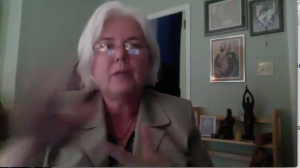 Rhonda | I’ve heard it said that the Earth may be better off without us. And this has troubled me as someone on the path of the Buddha. I do believe we have a reason for existing as a species—to be good stewards of the Earth and all the gifts we have been given. I’m wondering what you feel about it.
Rhonda | I’ve heard it said that the Earth may be better off without us. And this has troubled me as someone on the path of the Buddha. I do believe we have a reason for existing as a species—to be good stewards of the Earth and all the gifts we have been given. I’m wondering what you feel about it.
Joaquin | Thank you for the question, Rhonda. I’ve been observing my reaction to that view. When I’m in that state of mind—that the planet would be better off without human beings—a sense of grief and loss comes up in me.
However, as humans, we have the capacity to awaken. As long as we are staying on that path, with the intention and the aspiration to wake up, and to transform suffering, and help others wake up—I know that is a big aspiration—but if we can hold that aspiration and continue to nourish that, then there is a purpose. I think that’s my job on this Earth.
Many of the personal decisions Aurora and I have made tie into that, like not having kids, and following a plant-based diet, and living in an intentional community. Together as a couple, we try to see our impact. We are each other’s base on thoughts of mindfulness and contributing to this planet.
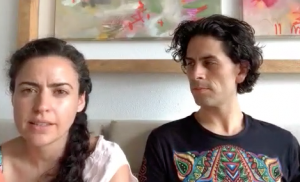
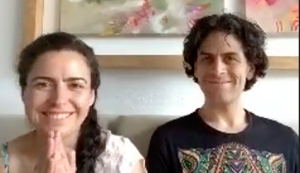
Aurora | I think about what our teacher says, that we are Mother Earth. That I am soil, and I am air. So, even though we’re not perfect, and we’re causing a lot of suffering, we are the Earth. I try to remember that. We might as well do the best instead of making it worse. We are already here, let’s do what we can. That’s why we aspire to foster children, because if kids are already here, why not help them to have support and love, and educate them?
Marge | I believe that humans have a very vital, beautiful role by being part of this planet—this living community. I think our role is to use our awareness—our great combination of intelligence and heart—to create a harmonious environment for all living beings and non-living beings. I think that we’ve got an unusually evolved capacity to see the needs and the wants and the desires and the importance of all beings, living and non-living. We’re here to appreciate them, to honor the diversity of sentient and non-sentient beings. We have the powers of awareness and thought and gratitude that can allow us to feel the interconnectedness, the vitality, the importance of all.
Everything arises, stays for a while, and leaves. But while I’m here, while humanity is here, we have the role, the responsibility, the right to be in gratitude, to be in love, and to care well for all beings.
I am thrilled that we are seemingly opening up to the vision of a more plant-based approach to living throughout this country, throughout the world, such as offering restaurant and shopping options that are plant-based. I’m hearing more on public radio about plant-based eating. There are websites springing up all over the world that are spreading this message of compassion and health, and connection to the animal world. There are meet-up groups all over the world sharing plant-based meals, corporate cafeterias offering plant-based options, and schools opting for Meatless Mondays. It’s a beautiful time to be plant-based.
Aurora | More doctors are becoming plant-based. Hospitals are providing plant-based meals. I think it’s really exciting. More athletes are adopting a plant-based diet and having great success. There are companies that are trying their best not to do animal testing, and also in medicine. We’re developing new ways of treating our bodies and understanding our bodies. I think it’s a great advance that people are doing what they value, what they honor.
Rhonda | Thank you, each of you, for your wisdom and your insights.


